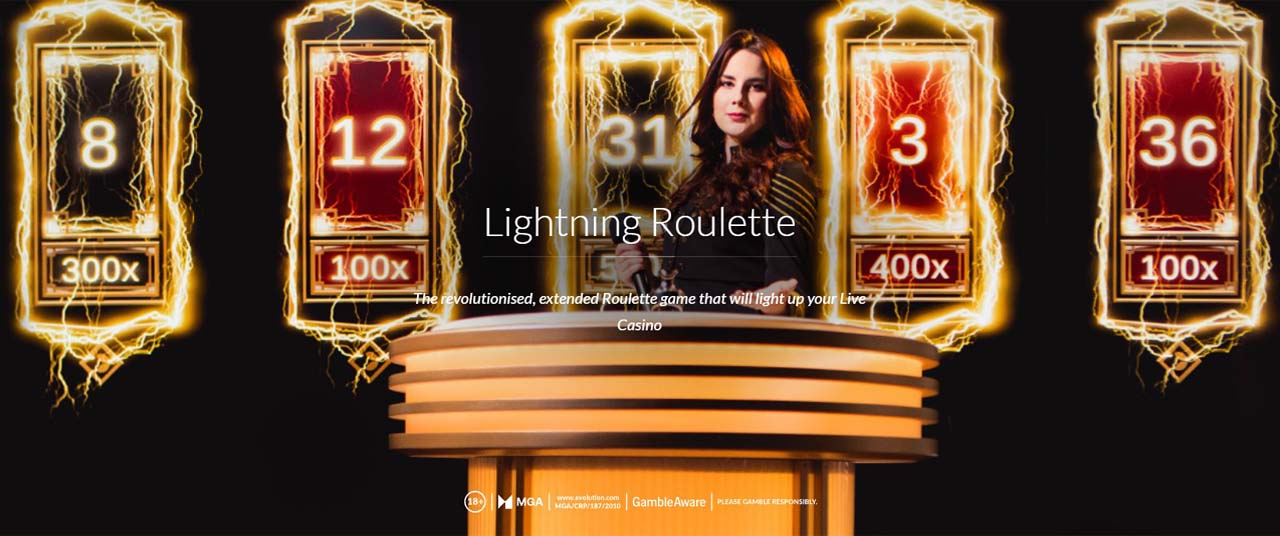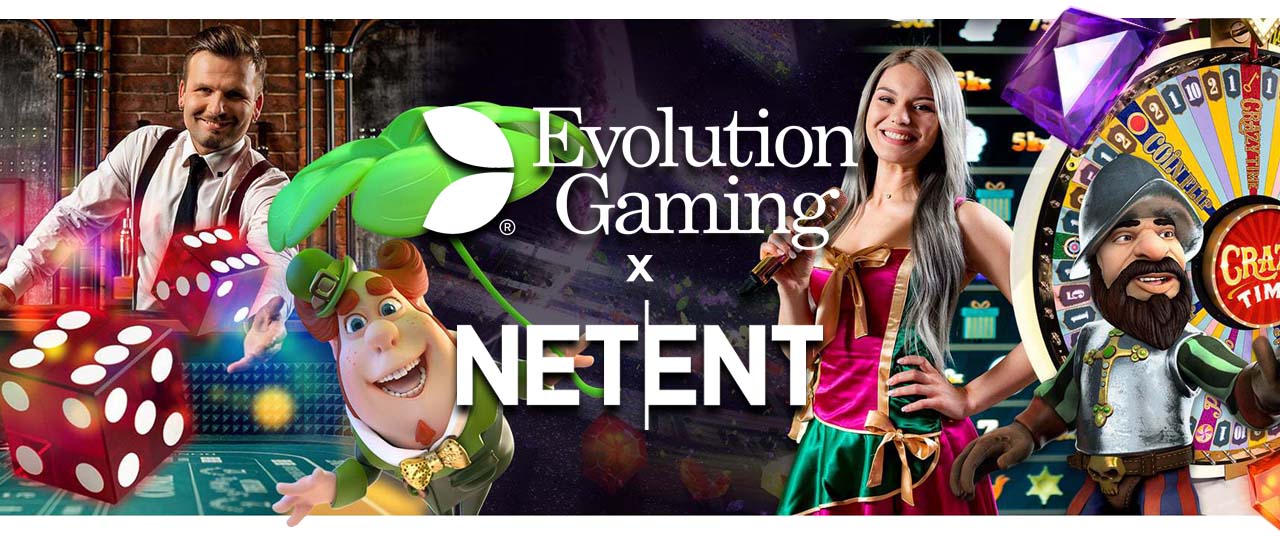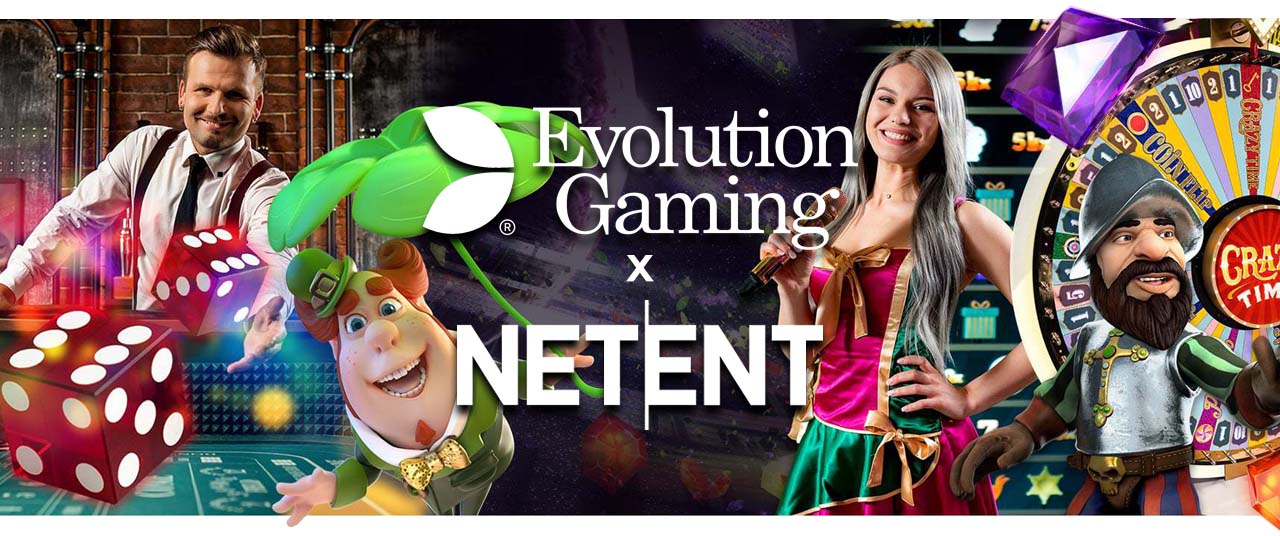Join us as we delve into the interesting world of copyright infringement, stolen technology, and other patent-based lawsuits, beginning with the current case in which Evolution Gaming is suing Light & Wonder for copycatting their Lightning Roulette game.
There is an old proverb that says, “There is nothing new under the sun,” but that does not stop technology and online gambling companies from suing each other over claims of stolen code, concepts, and intellectual property rights.
The latest case between Evolution Gaming and Light and Wonder piqued our interest for this very reason and got us thinking about other “I thought of it first” legal cases that impacted the digital and online landscape we enjoy today.
Was It All a Bait and Switch?
The market-leading live casino game developer Evolution Gaming is embroiled in a heated legal battle with fellow software developer Light & Wonder (L&W).
The case before the Nevada District Court claims that L&W baited Evolution Gaming into revealing details of their Lightning Roulette game by claiming to be interested in a partnership.
According to Evolution Gaming’s legal team:
“L&W’s conduct has been and is malicious, deliberate, and willful. LNW Gaming induced Evolution into providing L&W with Evolution’s trade secrets for Lightning Roulette under the auspices of entering into a partnership for developing physical Lightning Roulette game tables but turned around and used those trade secrets to develop its own copycat products, knowing that its acts would harm Evolution.”
While L&W is certainly allowed to withdraw from a negotiation if it feels it is not in its best interest, the lawsuit was triggered by the release of a game called RouletteX. The new L&W games looked and functioned almost identically to Evolution’s Lightning Roulette game.
While you could argue that the entire online gambling industry borrows ideas from one another, just look at the slew of soccer-themed slots released in time for the Euro 2024. However, Evolution’s lawyers argue that the release used game math and payout structures that were the proprietary information of their client and could not have been “readily ascertained through proper means”.
It was felt that there was enough similarity that they sent L&W a cease and desist due to copyright and patent infringement. The company responded by releasing a new game, PowerX, which only fueled the fire and led to the Nevada filing in May 2023.

Can a Leopard Change Its Spots?
This kind of technology and patent dispute between providers is not as common in online gambling as in other industries. In most cases, the originator of a new gambling system will simply license it to its peers, as was the case with Big Time Gaming, which developed the then-revolutionary Megaways mechanic. Due to smart licensing and distribution agreements, it went on to become an industry standard.
However, this is not the first time L&W has been taken to court for misappropriating another company’s patented systems. You see, the company we now know as Light & Wonder was originally known as Scientific Games, and Scientific Games was famously involved in a high-profile court case with industry giant Playtech in 2018.
Playtech accuses Scientific Games of copying its proprietary online casino software features and game mechanics and then trying to patent them to stifle competition.
After an intrusive legal battle that required reviewing the software code, game design elements, and underlying algorithms to determine the source and ownership of the disputed code, a US jury ruled against Scientific Games, costing them $315 million in settlements.
New Participants, Same Old Dance
While it’s not common, here are some other examples of online casino and betting developers who came to blows in various global courtrooms:
- Netent and Evolution Gaming: Before the recent high-profile court case between Evolution Gaming and Light & Wonder, Netent and Evolution Gaming clashed over patent infringements and copying live casino code. Evolution ultimately claimed victory by acquiring Netent in 2020 for the hefty price of $2.1 billion.
- Cherry AB and Betsson: In the early 2000s, Swedish company Cherry AB and its subsidiary Betsson were charged with copying competitor games and intellectual property disputes. Cherry AB, which owned several online casinos, accused its former employees of using proprietary information to launch competitor sites and other igaming products.
- The Stars Group and SBG Global: The Stars Group, then Amaya Gaming, faced legal action from SBG Global, a sports betting and casino operator, who accused them of copying its proprietary software and business methods. The court case dragged on for ages, with The Stars Group winning the day. While we know that SBG Global was ordered to pay damages, the actual amount was never made public.
In all of these cases, the online gambling industry was not harmed; the cases simply resulted in a few payouts, and it was back to business as usual, with their legal teams laughing all the way to the bank.

What About Non-Gambling Technology Suits?
Here are 5 cases that created the digital world we know today:
- Apple vs. Microsoft: In 1988, Apple sued Microsoft for using the same tactic L&W employed to gain access to their bespoke graphical user interface (GUI) technology. The case was finally settled in 1993, with the court’s ruling in favour of Microsoft. Their saving grace was that as part of the partnership discussions Apple had signed an agreement in 1985 that allowed Microsoft to add aspects of Apple’s GUI to their Windows computers.
- Apple vs. Xerox PARC: In a strange version of ‘what goes around comes around’, Apple had been part of a very similar suit with Xerox Parc, only in this case, they were being sued. PARC claimed they had shown their new GUI interface to Apple founder Steve Jobs. The system allowed users to interact with the GUI using a mouse rather than the traditional keyboard inputs. Xerox lost the case not because it was baseless but because they had waited too long to file the claim.
- Intel vs. DEC: The Digital Equipment Corporation (DEC) sued Intel over its microprocessor technology. Intel ended the lawsuit by acquiring DEC’s semiconductor business and related patents for $700 million. This was a worthwhile investment, given that the company now generates more than $50 billion in revenue each year.
- Facebook vs. ConnectU: The ConnectU founders had a billion-dollar idea: to develop a social media platform allowing people worldwide to connect and interact. Only the Harvard student they hired to create it, Mark Zuckerberg, stole the concept and built his own site, Facebook. Facebook settled the case, paying Cameron, Tyler Winklevoss, and Divya Narendra $65 million in cash and stocks.
- Google versus Overture: Overture, which Yahoo later acquired, sued Google for infringing on its patented pay-per-click (PPC) advertising model. The case was settled in 2004, with Google paying Yahoo $230 million in Google shares – a small price to pay for access to technology that netted them $237.85 billion in ad revenue in 2023 alone.
While these cases are public records, it is incredible to imagine how many have yet to be tried due to being settled or never discovered.
